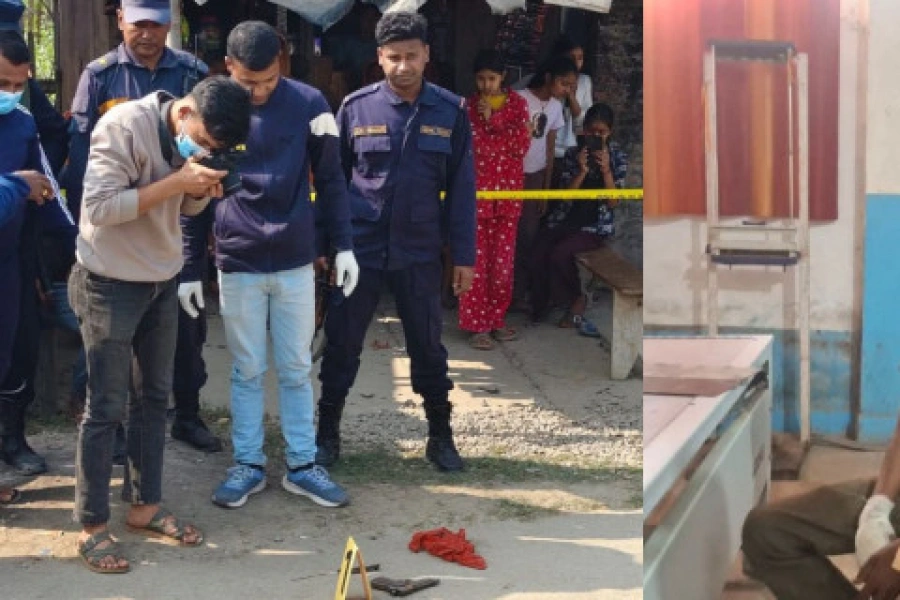KATHMANDU, April 18: Nepali and Indian intelligentsia discussed the possibility of joint cooperation between the two countries.
They delved into various facets of Nepal India relations including the economic and trade cooperations, in the Seminar on India-Nepal Relations as a part of The India-Nepal Think Tank Summit organized by Vivekananda International Foundation (VIF) in collaboration with Asian Institute of Diplomacy and International Affairs (AIDIA), in New Delhi recently.
Inaugurating the seminar, joint secretary at the National Security Council Secretariat (NSCS) Gaurav Ahluwalia highlighted the development assistance India provided to Nepal over the years. “The energy partnership between our two sides has emerged as a shining example of our mutually beneficial cooperation,” he said, adding that the last 3 years have seen a tremendous growth in hydropower exports from Nepal to India from 39 MW to around 1,000 MW. “This has enabled hydropower exports to become a new revenue earner for the Nepalese economy.”
‘Air connectivity is a key to further strengthen bilateral rela...

In the years to come such energy exports will be helpful to Nepal as it moves to ever higher growth trajectories, according to him “This is also a tangible way to help lessen the trade deficit with India. Equally important, the finalization of the trilateral power trade agreement between India-Nepal and Bangladesh shows how Nepal is enabling regional integration.”
Highlighting the budgetary support of India to Nepal, Ahluwalia also mentioned that integration of digital economies play an important role in promoting people-to-people movements and easier trade between Nepal and India.
Likewise, former ambassadors to Nepal Ranjit Rae, KV Rajan, Jayanta Prasad talked on various aspects of bilateral relations, whereas speakers including Kuber Chalise, Sunil Poudel, Lt General RK Sawhney, Uttam Lama, Dr Nihar Nayak, Dr Smruti Pattanaik, Sanjay Chadha, Atul Thakur, Satyajit Ganguly and Rahul Bhonsle discussed on Nepal-India trade, energy and economic relations, digital connectivity, tourism potential, security, and people-to-people cultural relations.
Welcoming the Nepali delegation, VIF Director Dr Arvind Gupta, suggested to talk more on bilateral energy cooperation as it has lots of potential. Similarly, Former Deputy National Security Advisor Ambassador Pankaj Saran emphasized on energy cooperation, joint tourism promotion and media engagements in future.
The seminar brought together experts, policymakers, and scholars to discussing key aspects of bilateral relations. The seminar also incorporated in-depth discussion on diplomatic, economic, and strategic cooperation, including energy collaboration, trade partnerships, and security challenges. With a diverse range of perspectives, the seminar aimed to provide actionable policy recommendations to enhance regional stability, economic integration, and cultural ties.
The Nepali delegation led by AIDIA also visited Nepali Ambassador Dr Shankar Sharma, IIT Delhi and observed the incubation center, apart from holding the discussion with Confederation of Indian Industries (CII), and visit to Pradhanmantri Sangrahalaya in New Delhi. AIDIA had organized first Think-Tank Summit in Kathmandu in 2018, and this second Think Tank summit was organized on April 2-5 in New Delhi.








































